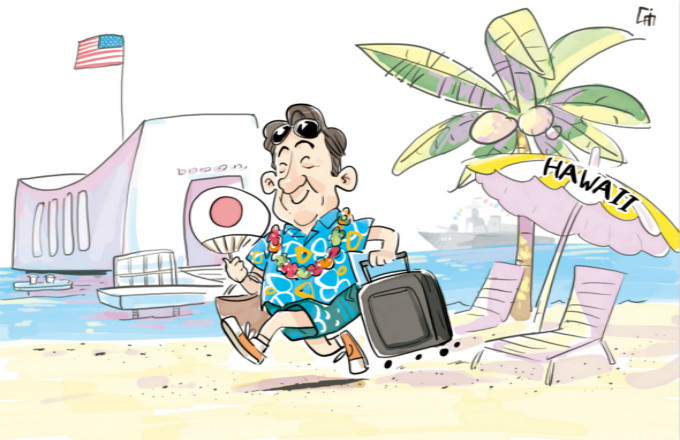Tsai charting a course that leads nowhere
 |
|
Taiwan's main opposition Democratic Progressive Party, DPP, Chairperson Tsai Ing-wen speaks during a press conference in Taipei, Taiwan, Wednesday, April 15, 2015. [Photo/IC] |
It is impossible for Taiwan to benefit from normal relations with the mainland while the leader on the island continues to beat about the bush over acknowledging the 1992 Consensus on one China.
Recognizing the Consensus is not a complex problem that Tsai Ing-wen needs to scratch her head over in search of an answer. Yet that is what she has been doing rather than simply acknowledging it.
However, Tsai's prevaricating and political tricks, such as her phone call to US president-elect Donald Trump, indicate she is wishing to chart a course that will navigate the island on a safe route to both prosperity and "independence".
Yet the reiteration of the mainland's immutable stance that the island is part of one China by the spokesman of the Taiwan Affairs Office of the State Council on Wednesday, again highlights the truth that Tsai and those who support her position are deluding themselves by plotting a course to a fool's paradise on an island that can only exist in their imaginations.
The spokesman made it quite clear that the 1992 Consensus is the political foundation for both sides of the Straits to develop good and peaceful relations. It is on this foundation that both sides have built up their good relations since 2008. It is only since Tsai became the leader on the island in May that cross-Straits relations have plunged into turmoil with her equivocating over the Consensus.
The US National Defense Authorization Act for Fiscal Year 2017 signed by US President Barack Obama includes for the first time a provision on high-level military exchanges with Taiwan. That may cause some trouble in Sino-US relations, but it is not a guarantee Tsai can count on it to reach her destination if she strays from the road of one China.
It is na?ve for Tsai to believe she can depend on the support of the United States or any other country to realize her dream of "independence". Indeed, the island's official ties with other economies will only suffer if she persists on the course she is taking.
She should never underestimate the mainland's determination to defend its sovereignty and territorial integrity. Neither should she overestimate the support she will get from the US for any attempt to split the island from China.
If she continues to believe that she can gain Taiwan's de facto status as an independent nation by circumventing the 1992 Consensus, she will find herself being deserted by the people on the island as a traitor to their interests and despised by the people on the mainland as an enemy.
























